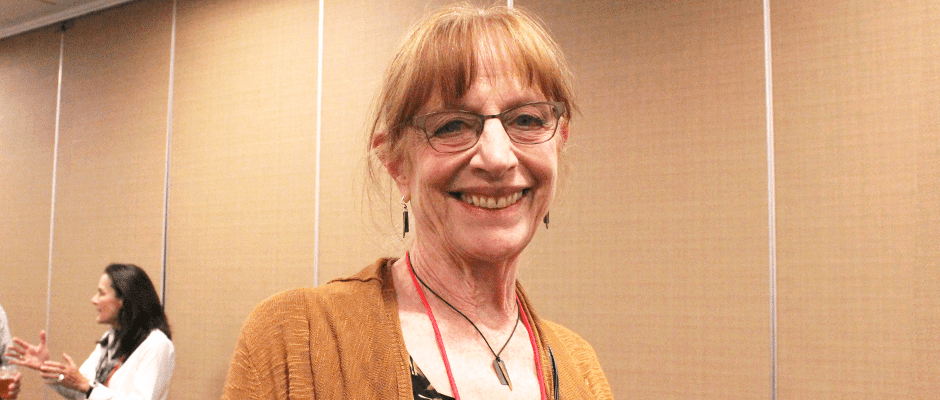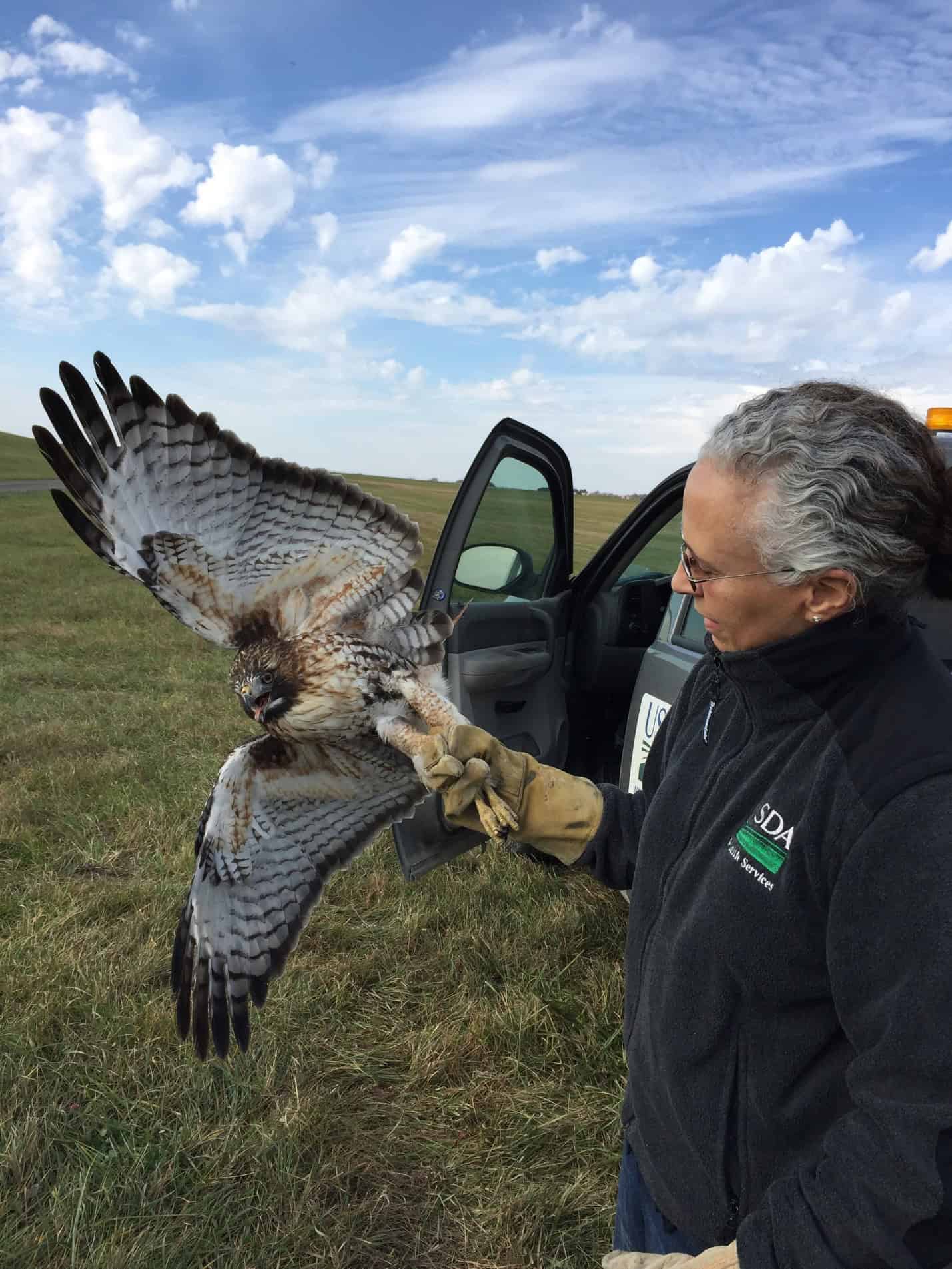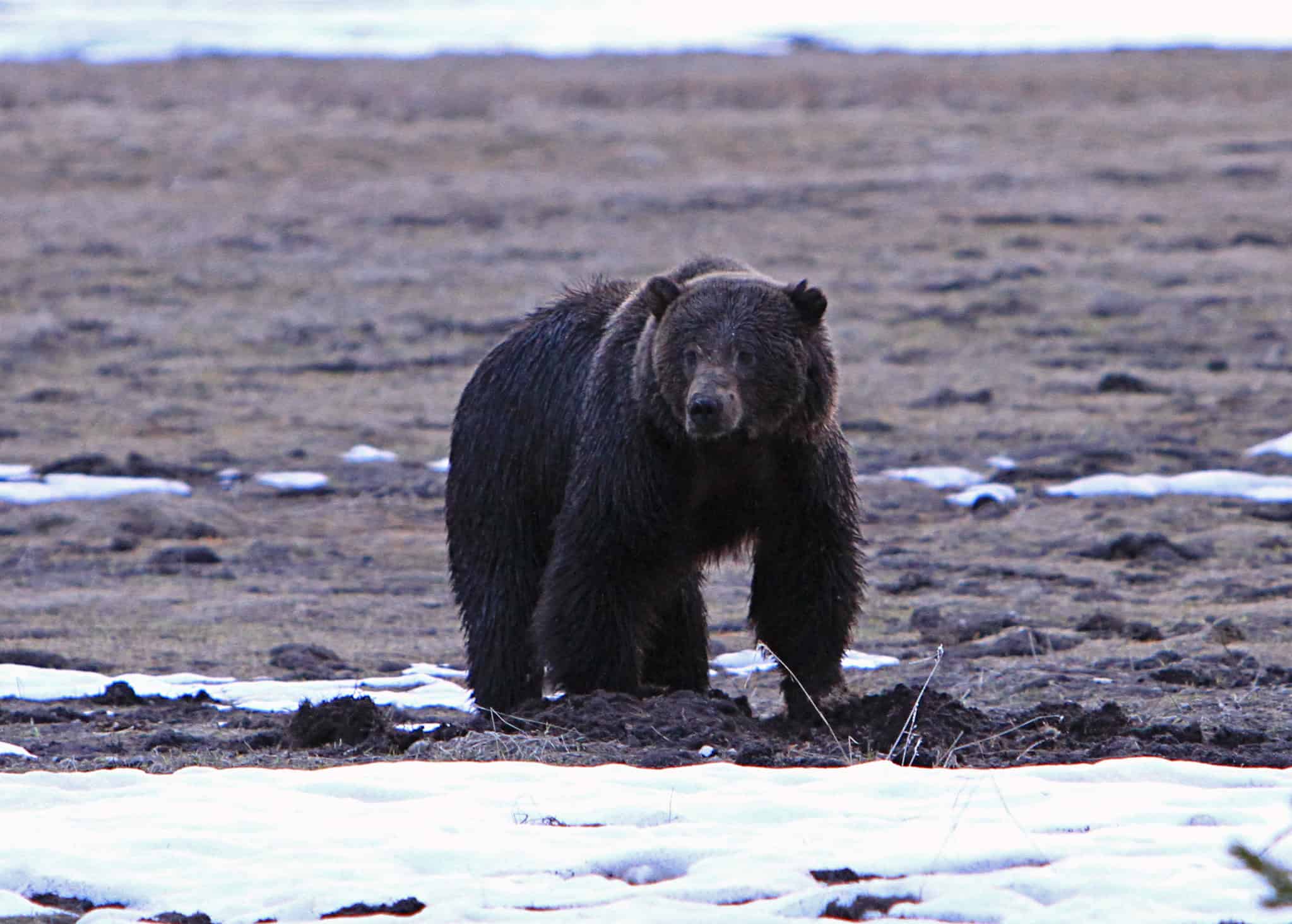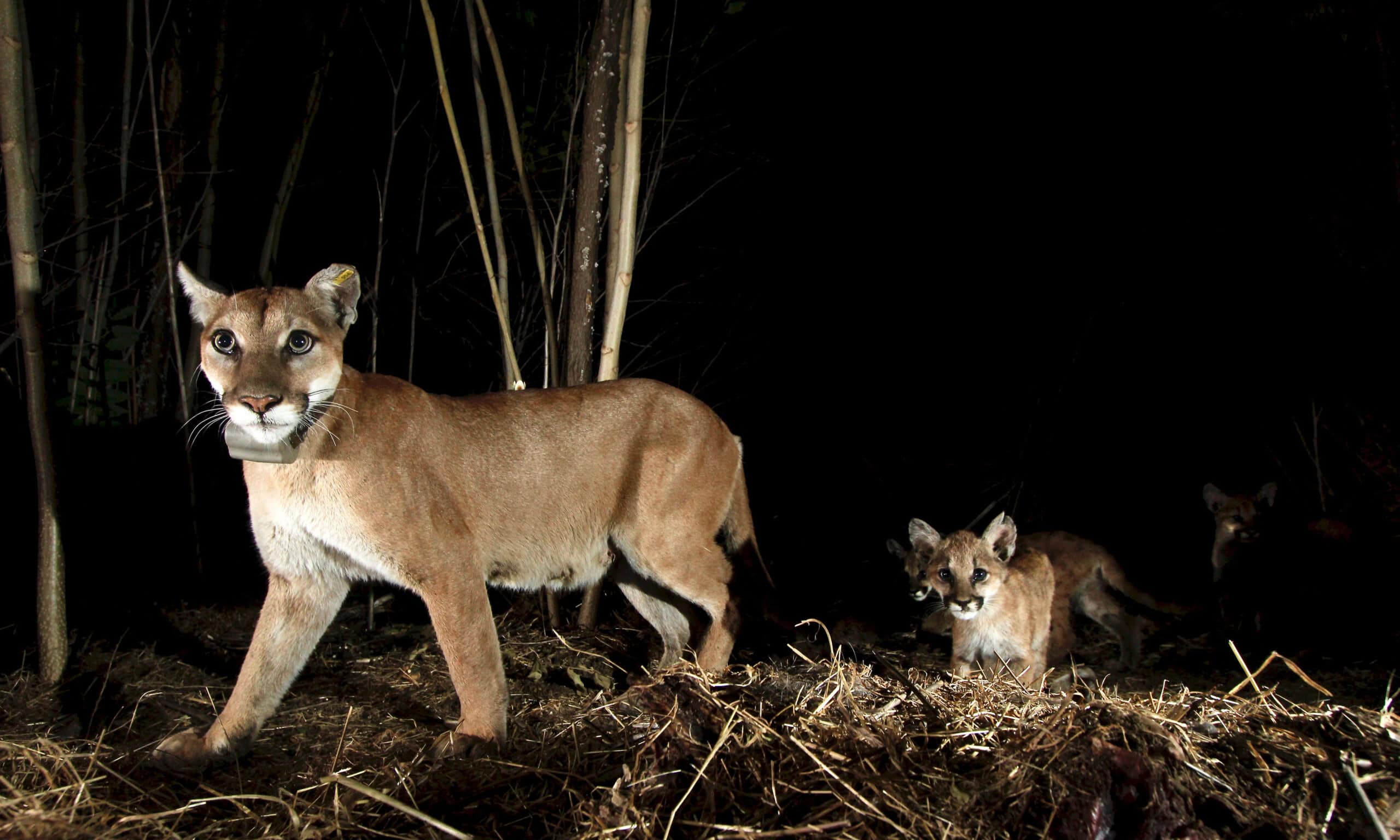Share this article
Kessler celebrates pinnacle of career with Aldo Leopold award
When Winifred “Wini” Kessler learned that she achieved the highest honor bestowed by The Wildlife Society, the Aldo Leopold Memorial Award, she was shocked, she said, and “feeling like a rock star.”
“It’s not something I ever pictured myself getting,” said Kessler, who’s been a member of The Wildlife Society since 1973 and served as TWS president in 2012-2013. “It just means so much to me because it comes from the wildlife community itself. It’s great. It says, ‘OK, I’ve had a career well-lived.”
Kessler is now the second woman to receive the award. Lucille Stickel was the last recipient, in 1974.
Kessler began studying zoology as an undergraduate at the University of California-Berkeley. While she didn’t know about the field of wildlife biology, her brother told her about a professor at the university who worked on wildlife management. His name was Starker Leopold, the son of Aldo Leopold, the man who pioneered the field of wildlife management. She met Starker Leopold, received advice on what she needed to know for the field, began attending seminars and signed up for a few classes.
At the time, the program had no women. “It was kind of uncomfortable,” she said. “I was the only one in a class full of men, and all of the professors were males.”
But her mentors, including Starker Leopold, were willing to “take the risk” of working with women, she said. Leopold introduced Kessler to Harald Heady, an ecologist in the range management program who took on three women as master’s students. “They called us ‘Heady’s harem,” she said. Another mentor, Harald Biswell, took her on as a research assistant to study fire ecology.
She had great experiences in academia, she said, but finding a job was not so easy. “The jobs I wanted were field jobs that were not open to women,” she said. “That was kind of discouraging.”
It was also a big factor in Kessler pursuing her doctorate. “They were not open to me, so I’d get so darn qualified they’d have to accept me,” she said.
While she was getting her PhD at Texas A&M University, the field was beginning to accept more women. At 27 years old, she landed her first job, as an assistant professor at the University of Idaho. Since then, she’s held many positions in both academics and government agencies. She taught at Utah State University, chaired the forestry program at the University of Northern British Columbia and worked with the U.S. Forest Service for 21 years in positions such as Alaska regional ecologist, national wildlife ecologist and Alaska regional director of wildlife, fisheries, ecology and watershed management.
Throughout her career, she’s seen the field of wildlife biology accept more women and minorities. She was vice president at the 2011 TWS Annual Conference in Hawaii where the first Women of Wildlife reception was held and was pleasantly surprised at the large turnout. “It was really exciting. I’ll never forget that,” she said.
While Kessler is retired, by no means is she slowing down. She’s serving on a number of boards, including the Ducks Unlimited Canada board, the Habitat Conservation Trust Foundation, the Wildlife and Hunting Heritage Conservation Council and others. She also continues to volunteer for the Boone and Crockett Club, where she became its first female professional member, in 1993.
“I’ve had such a great career, and I think I’ve amassed pertinent experience,” she said. “I’ve learned a lot, and now I’m giving back.”
Header Image: Wini Kessler won the highest honor presented by The Wildlife Society, the Aldo Leopold Memorial Award, in 2017. ©TWS








